

Tao Te Ching

Habitual Patterns
Habitual Patterns
We couldn’t survive without habits; we can’t create without destroying them. We couldn’t organize our life and be “successful” in the world without nurturing good habits; we couldn’t wake up and discover reality without dissolving our habitual patterns. We couldn’t become an expert, a scholar, a professional without concentrated learning and experience; we can’t become wise without forgetting what we think we know and understand.
Quotes (92)
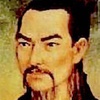
“Any one who takes any business in hand, cannot dispense with a standard pattern.”

“they confuse what is habitual with what is proper, and what is customary with what is right.”
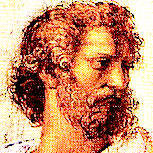
“Habit, my friend, is practice long pursued that at the last become the man himself.”
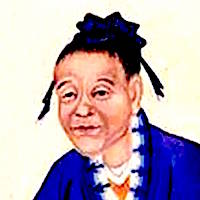
“As for the ceremonies of bowing and giving way, people still observed them, yet how contrary to them were all their actions!”
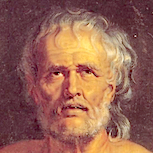
“The way is long if one follows precepts, but short... if one follows patterns.”

“Desire and aversion, though powerful, are but habits. And we can train ourselves to have better habits.”
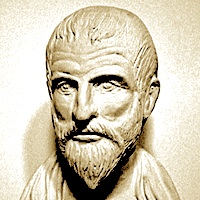
“All habits come from imitation and similitude: temples imitate the heavens, altars the earth; statues resemble life, and on this account they are similar to animals; prayers imitate that which is intellectual; herbs and stones resemble matter; and animals which are sacrificed, the irrational life of our souls.”
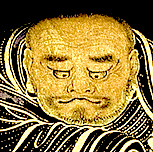
“When you fail to go beyond the world of thoughts and senses, your actions have no significance or meaning.”
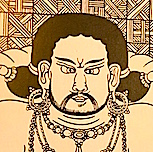
“From time without beginning, the tree of unknowing has been watered by the monsoon of mental habit.”
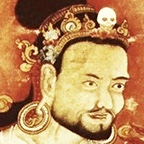
“kill the louse of habit-forming thoughts, self-originated and self-destructive”
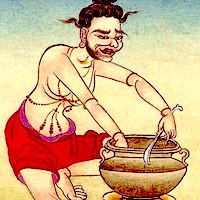
“On the whirling wheel of habitual actions, the music and dance of existence takes form.”

“When the stains from old habits are exhausted the original light appears, blazing through your skull, not admitting any other matters. Vast and spacious, like sky and water merging during autumn, like snow and moon having the same color, this field is without boundary, beyond direction, magnificently one entity without edge or seam.”

“Purify, cure, grind down, or brush away all the tendencies you have fabricated into habits... reside in the field of boundless emptiness”
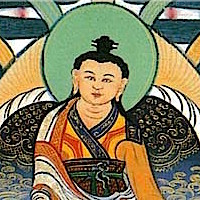
“For those without pure perception, there is no recognition or awareness of habitual, dualistic patterns”

“He beats me and I rail at him: O worthy satisfaction! would it be otherwise—that I could beat him while he railed at me.”
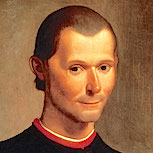
“To experience constant success, it's necessary to change habits and attitudes, to recreate yourself according to the changing times.”

“It is commonly seen by experience that excellent memories do often accompany weak judgements.”

“And so from hour to hour we ripe and ripe,
And then from hour to hour we rot and rot,
And thereby hangs a tale.”
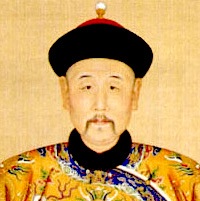
“This [evil practice] is one of the worst habits of great officials, that if they are not recommending their teachers or their friends for high office then they recommend their relations.”
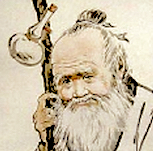
“Though near to reality by nature, people become estranged from it by habit—descending lower and lower by daily repetition, they fall into a state of ignorant obstinacy and do not know how to stop.”

“I must create a system, or be enslaved by another man's.”
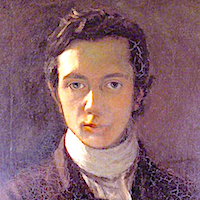
“The heaviest charge we can bring against the general texture of society is that it is commonplace.”

“one man will laugh at what makes another despair... the stronger the susceptibility to unpleasant impressions, the weaker the susceptibility to pleasant ones, and vice versa.”
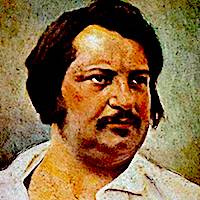
“Marriage should war incessantly with that monster that is the ruin of everything, the monster of habit.”
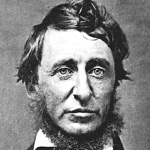
“It is remarkable how easily and insensibly we fall into a particular route, and make a beaten track for ourselves… how worn and dusty, how deep the ruts of tradition and conformity!”

“It was not simply that beneficent harness of routine which enables silly men to live respectably and unhappy men to live calmly; it was a perpetual claim on the immediate fresh application of thought and on the consideration of another's need”
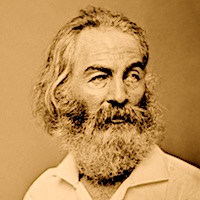
“The eager and often inconsiderate appeals of reformers and revolutionists are indispensable to counterbalance the inertness and fossilism making so large a part of human institutions.”
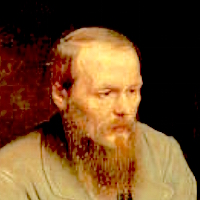
“Everything is habit with men, everything even in their social and political relations. Habit is the great motive-power.”

“We are so habituated to satisfying our innumerable, self-invented wants that we quickly sink into a kind of slavery, disunion, and isolation.”

“Habit is habit, and not to be thrown out of the window by any man, but coaxed downstairs a step at a time.”
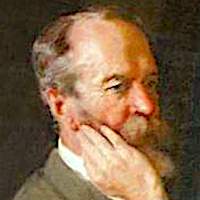
“Habit is the enormous flywheel of society, its most precious conservative agent. There is no more miserable human being than one in whom nothing is habitual but indecision.”

“If this be the whole fruit of victory— that a race of creatures of such unexampled insipidity should succeed, and protract... their contented and inoffensive lives— better to lose rather than win the battle.”
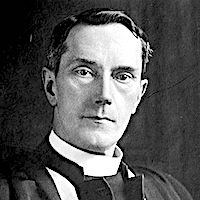
“Consciousness is a phase of mental life which arises in connection with the formation of new habits. When habit is formed, consciousness only interferes to spoil our performance.”
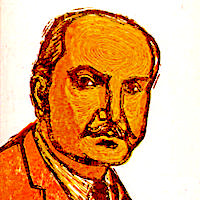
“Most men's conscience, habits, and opinions are borrowed from convention and gather continually comforting assurances from the same social consensus that originally suggested them.”
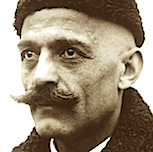
“We easily become attached to everything in this life—to our imagination, to our stupidity, we become attached even to our suffering; probably to our suffering more than anything else.”
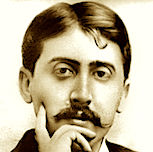
“Were it not for habit, life would seem delightful—even to those constantly threatened with death, that is all men.”

“Habit is a second nature which prevents us from knowing the first, of which it has neither the cruelties nor the enchantments.”

“Master the habitual patterns that make you resist any change in your body, speech, and mind, even in the most insignificant activities.”

“wisdom is... more needed now than ever before, because the rapid growth of technique has made ancient habits of thought and action more inadequate than in any earlier time.”

“Most people come to know only one corner of their room, one spot near the window, one narrow strip on which they keep walking back and forth.”
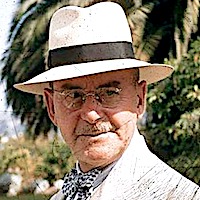
“Habituation is a falling asleep or fatiguing of the sense of time; which explains why young years pass slowly, while later life flings itself faster and faster upon its course.”

“Insanity is possession by an unconscious content when consciousness has denied its existence… this narrowness of consciousness, this hubris is always the shortest way to the insane asylum.”
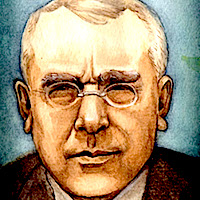
“Worship in Christian churches almost entirely represents the course of repetition… prayers, hymns, responses, all had their own meaning in this repetition as well as holidays and all religious symbols, though their meaning has been forgotten long ago.”

“Man—like every other animal—is by nature indolent. If nothing spurs him on, he will hardly think, and will behave from habit like an automaton.”

“Insanity: doing the same thing over and over again and expecting different results.”

“Blake wrote, "I will not cease from mental flight." Mental flight means thinking against the current, not with it. And the current flows fast and furious. It issues a spate of words from the loudspeakers and the politicians.”
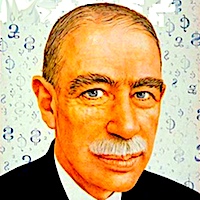
“The moral problem of our day is concerned with the love of money, with the habitual appeal to the money motive in nine-tenths of the activities of life, with the universal striving after individual economic security as the prime object of endeavor”

“It is almost a law of history that the same wealth that generates a civilization announces its decay. For wealth produces ease as well as art; it softens a people to the ways of luxury and peace, invites invasion from stronger arms and hungrier mouths.”

“the natural inequality of men was producing a new degree of comfort and luxury for the strong, and a new routine of hard and disciplined labor for the rest. The theme was struck on which history would strum its myriad variations.”
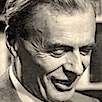
“A child-like man is not a man whose development has been arrested; on the contrary, he is a man who has given himself a chance of continuing to develop long after most adults have muffled themselves in the cocoon of middle-aged habit and convention.”

“The vast majority of human beings dislike and even actually dread all notions with which they are not familiar... Hence it comes about that at their first appearance innovators have generally been persecuted, and always derided as fools and madmen.”

“The problem goes much deeper than religion or politics, it starts in our minds, in our habits, in the constant conditioning that has gone on and on for centuries. Judging, prejudice, likes and dislike are all part of this same problem.”
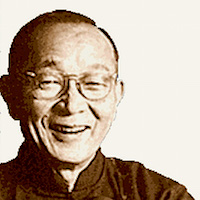
“A wise man would be careful not to let any particular frame of mind settle down into a permanent attitude... A crusty old fool will delight in being just a crusty old fool, and a young sophisticated cynic will wallow in his cynicism.”
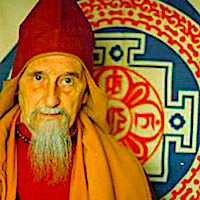
“Some got stuck in magic, some in religion, some in science, some in metaphysics or other logical speculations. Only very few remained open to all facets of reality without getting caught in the nets of speculation and wishful thinking.”
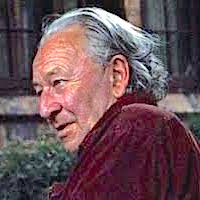
“The map is not the territory, and the name is not the thing named.”

“For a man to change the basic beliefs that determine his perception—his epistemological premises—he must first become aware that reality is not necessarily as he believes it to be.”

“An irresistible cycle seems to operate, repeating patterns of the ancient world where civil strife and war brought disaster... rooted in the very nature of civilization—itself a product and expression of rapid technological and social change.”
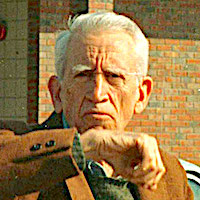
“I don't want you to go away with the impression that there're any—you know—inconveniences in the religious life. I mean a lot of people don't take it up just because they think it's going to involve a certain amount of nasty application and perseverance”

“Many a time we ease ourselves into convenient clichés and… once more we are trapped by habits that are the dunghills upon which the creeds feed.”

“Culture is simply how one lives and is connected to history by habit.”

“I have no routines or personal history. One day I found out that they were no longer necessary for me and, like drinking, I dropped them.”
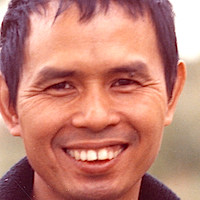
“We will be more successful in all our endeavors if we can let go of the habit of running all the time, and take little pauses to relax and re-center ourselves.”

“It is always very difficult and painful to move from an old familiar place to a new unfamiliar place. It is very difficult to change... Habits follow wherever we go and changing our habits remains the greatest difficulty.”
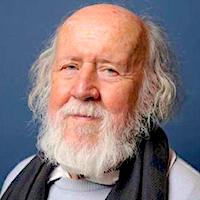
“In science, as elsewhere… fashions of the moment, the weight of institutions, and authoritarianism are always to be feared.”
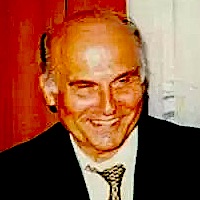
“Man not only creates culture, inhabits it, he carries it around within him—man is culture... Tell me how you dress, how you act, what are your habits, which gods you honor—and I will tell you who you are.”
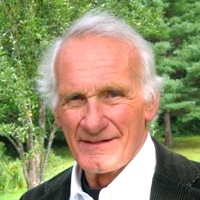
“Storytellers become metaphysicians, or ideologists, when they come to believe they know the entire story of a people.”
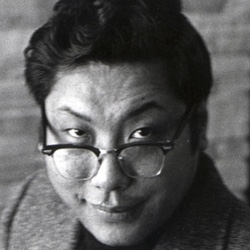
“…you are without set ideas and patterns; you are not bound by any social, philosophical, or religious standards. You are free from that indoctrination; therefore you are able to see…”
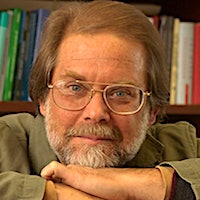
“The market itself makes no distinction between genuine needs and the most questionable manufactured desires—a set of habits as manufactured as the goods supplied to satisfy it... the greatest effort in mental manipulation that humanity has ever experienced”
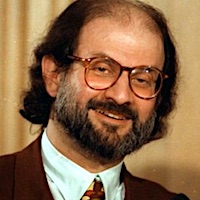
“Names, once they are in common use, quickly become mere sounds, their etymology being buried, like so many of the earth's marvels, beneath the dust of habit.”
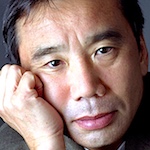
“Irrepressible curiosity vied with an instinctive fear... The principle that made other choices possible was missing. Or was it the choice that made the principle possible that was missing?”
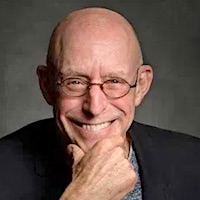
“Perhaps as the sway of tradition in our eating decisions weakens, habits we once took for granted are thrown up in the air, where they're more easily buffeted by a strong idea or a breeze of fashion.”
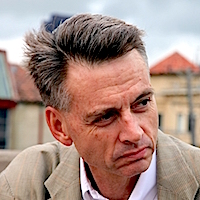
“emotions are just evolution’s executioners… stratagems of the genes… genetic weapons”

“Our emotions and desires are shortcuts that allow humans to economize on expensive brain tissue and steer us in directions that have proved advantageous for us in the past. Our taste for sugar, for instance, was a reliable guide to adaptive eating in the Pleistocene era, but in the very different conditions of modern life, it threatens us with obesity and diabetes.”
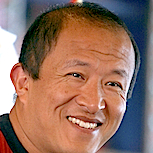
“True buddhist meditation - using any techniques or practices that help transform our habit of thinking that things are solid into the habit of seeing them as compounded, interdependent, and impermanent.”

“The problem is when that fun stuff becomes the habit—and I think that's what's happened in our culture—fast food has become the everyday meal. It's not enough just to limit ads for foods that aren't healthy. It's also going to be critical to increase marketing for foods that are healthy.”
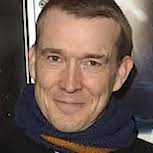
“"If you could reason with religious people, there wouldn’t be any religious people."”

“It's the suburbs, where conformity trumps comfort... They are eerily similar in frame, these homes, though they've all got different paint jobs and siding and hedges.”
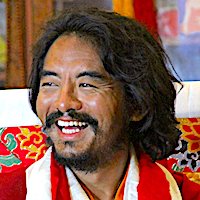
“But we get scared of change, because when we identify with a pattern of behavior, giving it up can feel like death itself... the death of the masks.”

“We inherently have free will yet this only arises from an examined mind... Until we learn how to examine our minds and direct our behavior, our karmic tendencies will compel habits to reseed themselves.”

“Those who blindly replicate what 'succeeded' and abandon what 'failed' do not only relinquish the mantle of leadership, they also risk losing their status as human beings. They reduce themselves to mere algorithms—and mediocre ones at that.”

“Habits can be reshaped. We can shift to productive, sustainable practices that end our current cycles of harm—harming other people, animals, and the natural world.”

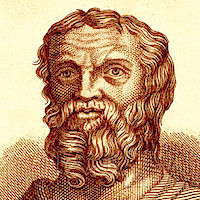

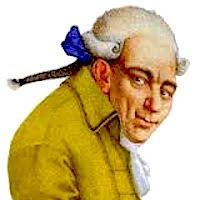

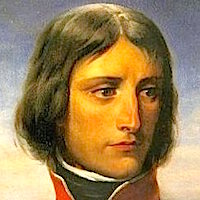

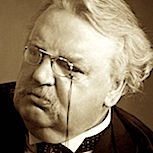
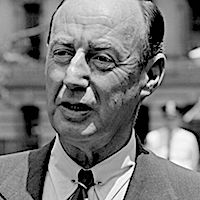
Comments (0)